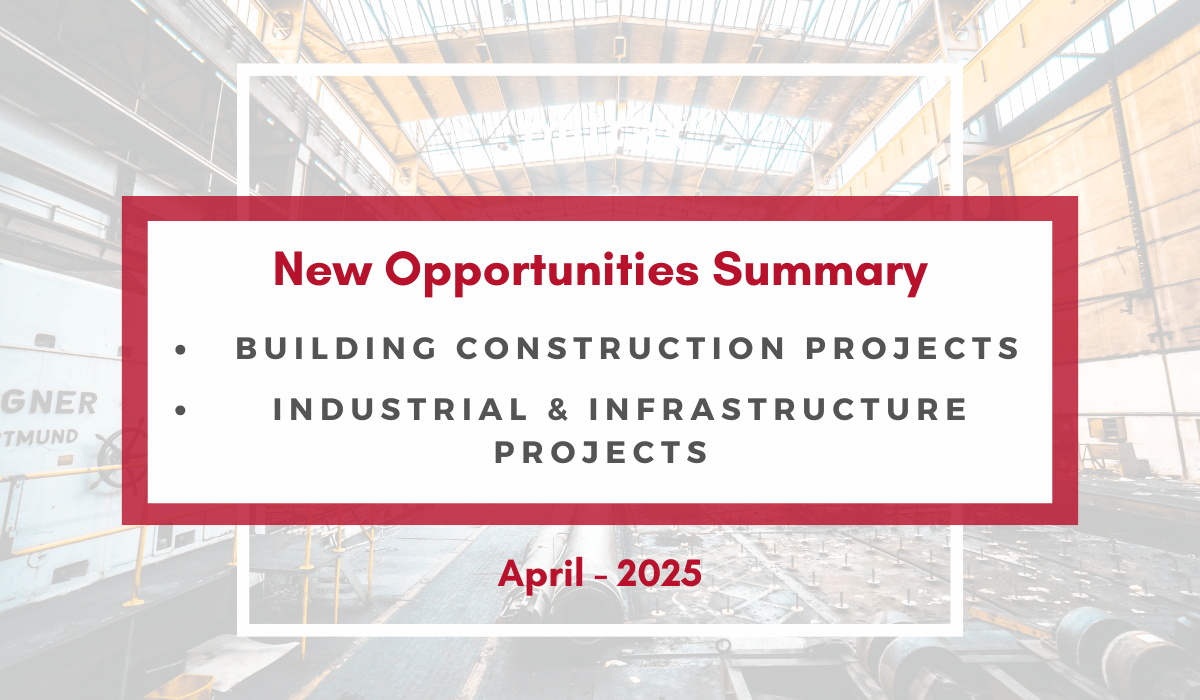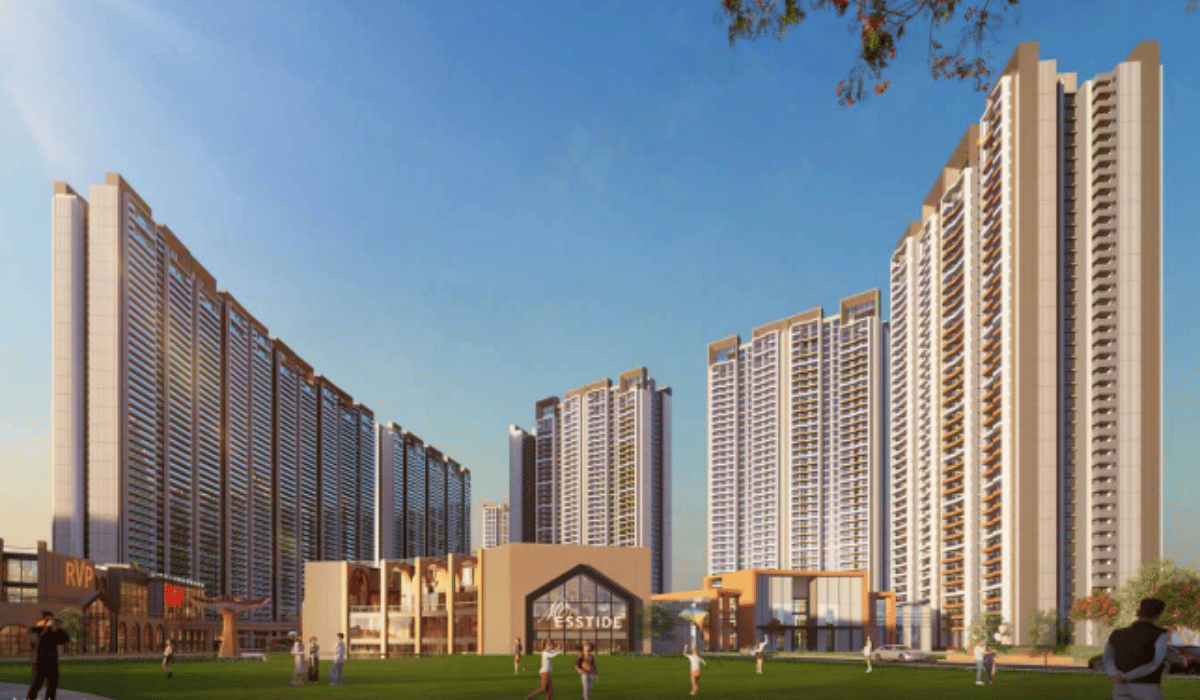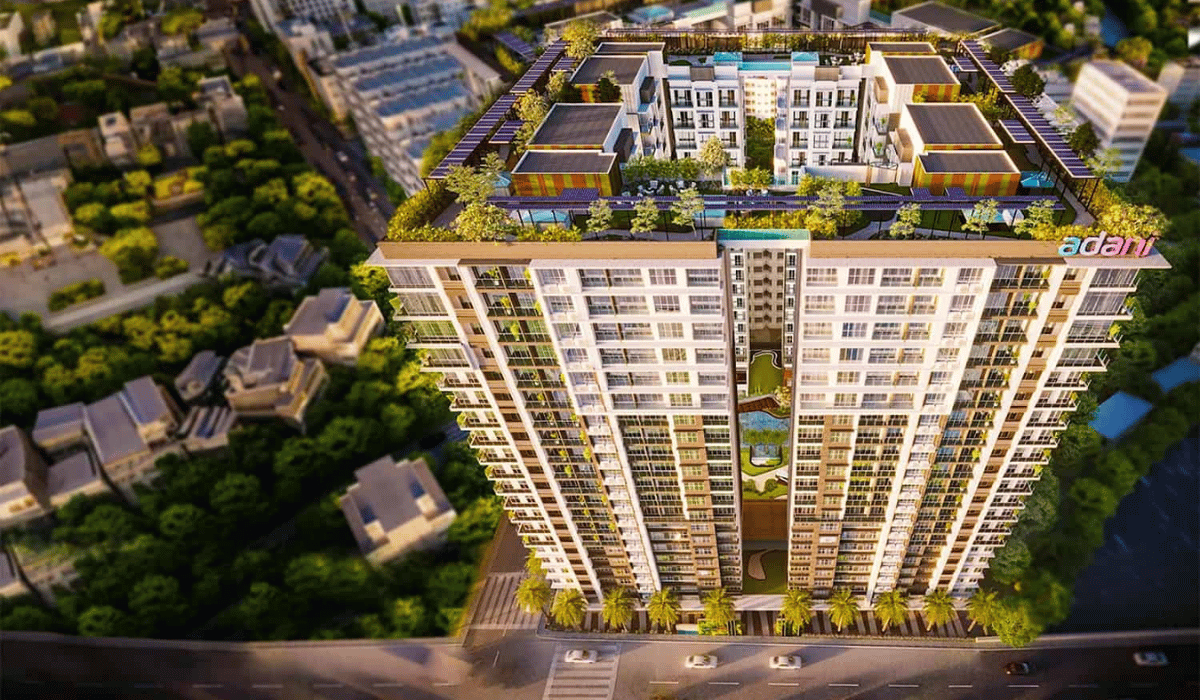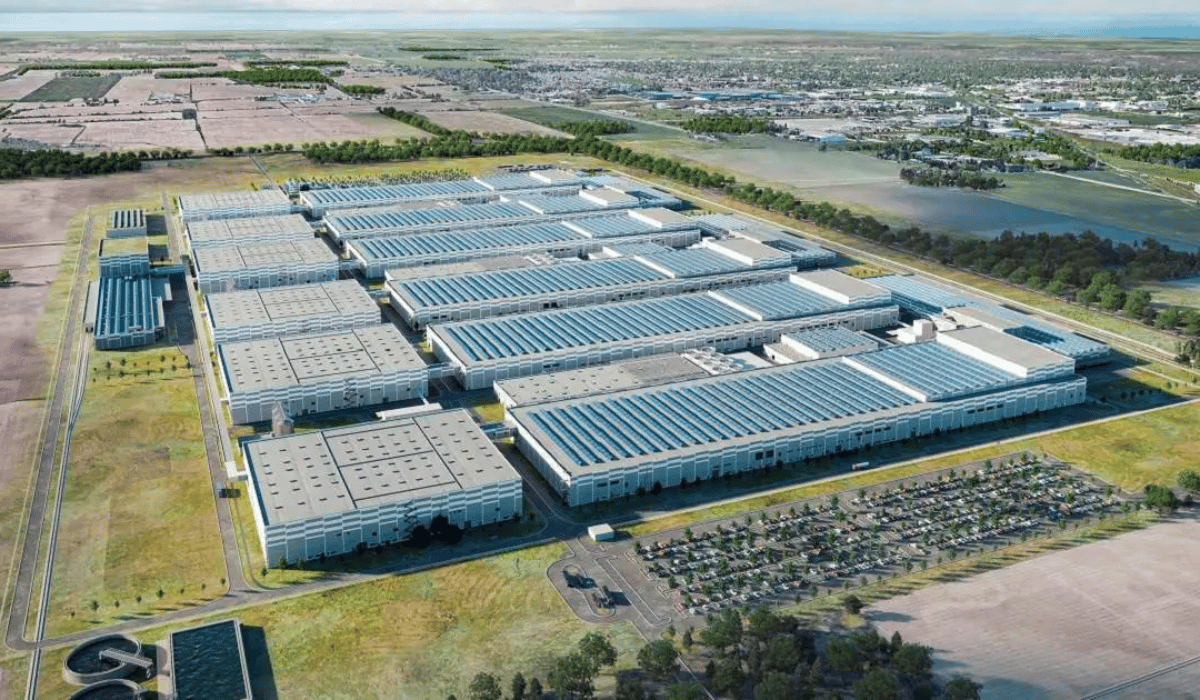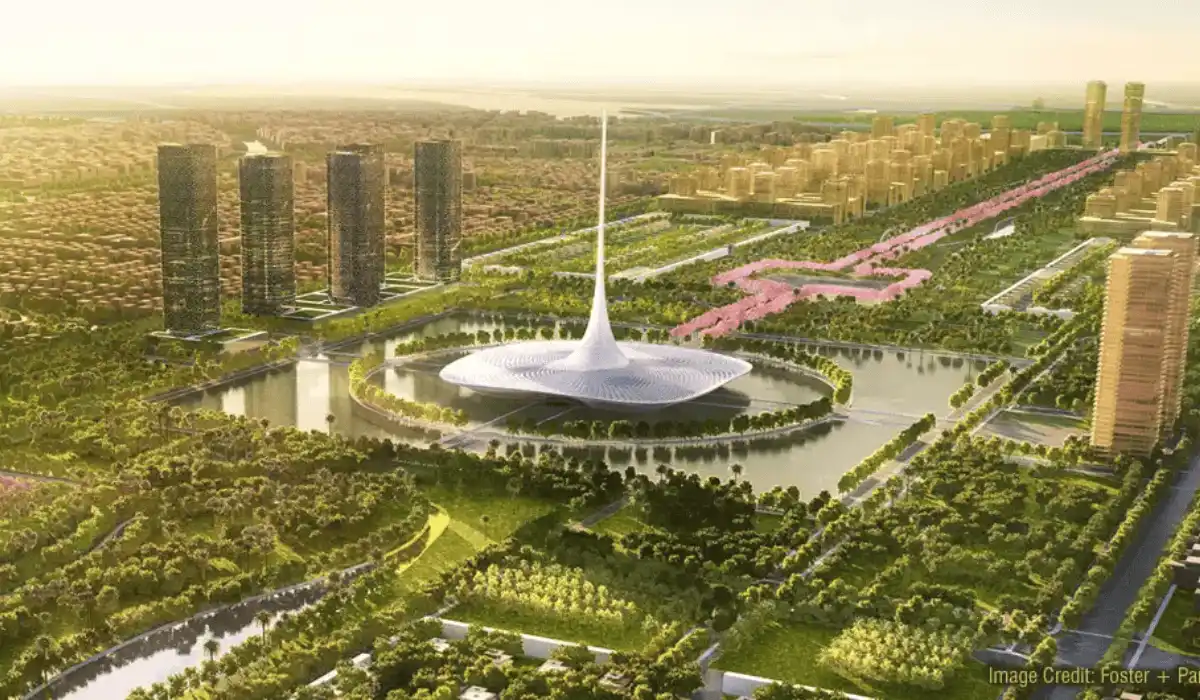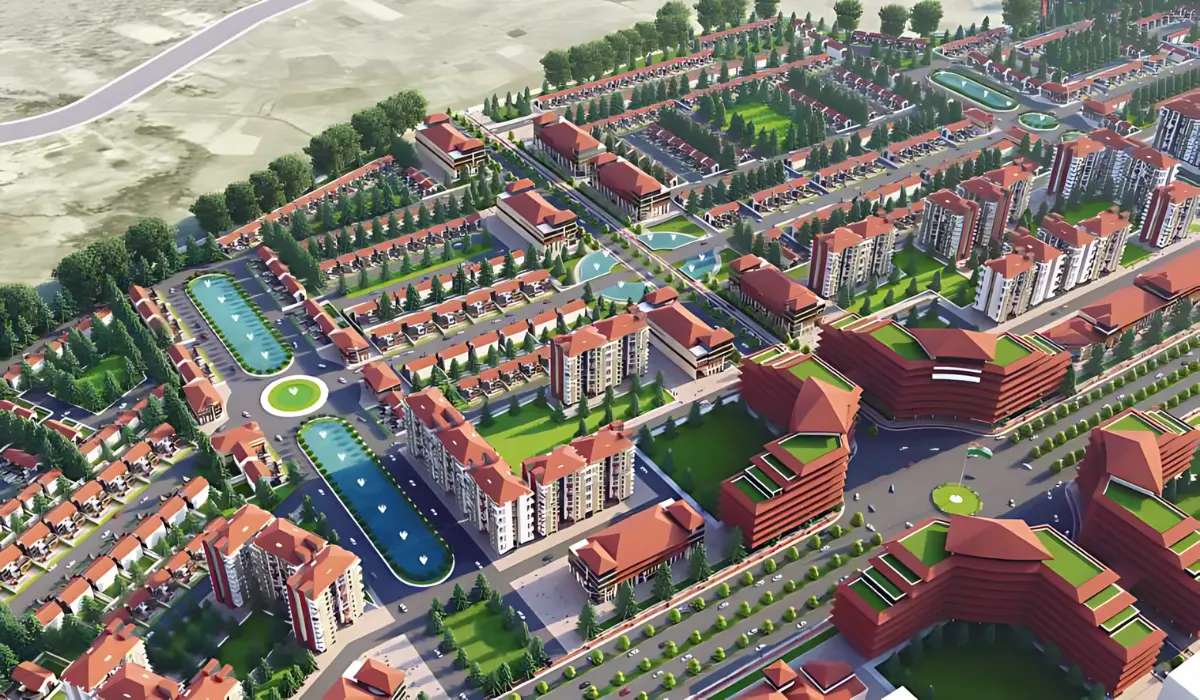Sustainability in the building construction sector is no longer just an option—it’s a necessity. “Green” or “sustainable” buildings make more efficient use of crucial resources like energy, water, and materials, resulting in reduced environmental impact and enhanced quality of life. These buildings not only meet the current standards but exceed them by offering more natural light, improved air quality, and contributing to the health and productivity of occupants.
The Benefits of Sustainable Buildings

The multiple benefits of energy‐efficient, resilient and sustainable buildings are significant. They include:
- Better health and well‐being
- Poverty alleviation
- Increased comfort
- Higher employment
- Greater productivity
According to the 2018 Global Status Report “Towards a zero‐emission, efficient and resilient buildings and construction sector”, the following areas are the opportunities to tap into and achieve a sustainable pathway for the buildings and construction sector:
Also Read: Central Government announced 22 new AIIMS hospitals in different parts of India
Opportunities for Achieving Sustainability in Building Construction
> Human Factors:
Integrating user experience into the design and operation of buildings ensures that energy use and services align with occupant needs. Enhancing indoor environments and optimizing building systems can significantly improve daily human experiences, making buildings more comfortable and energy-efficient.
> Technology solutions:
The shift towards more efficient building technologies is transforming energy performance in the sector. High-efficiency LEDs, for example, have seen a substantial increase in global lighting sales, reflecting a broader trend toward energy-saving technologies that reduce both operational costs and environmental impact.
> Architecture solutions:
Architecture plays a critical role in sustainability. Passive design strategies, such as optimizing building orientation and insulation, can drastically reduce the need for heating, cooling, and lighting. These measures not only lower energy consumption but also contribute to the overall sustainability of buildings.

> Resilient buildings:
As extreme climate events become more frequent, buildings must be designed to withstand these challenges. Resilient buildings are those that continue to operate even when external infrastructure fails, ensuring safety and functionality in the face of climate-related risks.
> Urban solutions:
Urban environments and local governance heavily influence building sustainability. Through planning controls and regulations, municipalities can enforce energy-efficient building practices, dictate building orientation, and manage land use, all of which contribute to a more sustainable urban landscape.
> Material solutions:
The use of sustainable materials in construction is vital for reducing the carbon footprint of buildings. As CO2 emissions from material use account for a significant portion of building-related emissions, the industry must focus on minimizing embodied carbon through the use of eco-friendly materials and practices.
> Clean energy transition:
Achieving a sustainable building sector requires swift action to adopt low-carbon and high-efficiency technologies. Policy measures that encourage innovation and market shifts towards clean energy will be crucial in capturing energy savings and reducing the sector’s impact on the power grid.
> Circular economy:
The circular economy model in building construction emphasizes extending the life cycle of buildings through maintenance, refurbishment, and the reuse of materials. By considering the entire life cycle from design to demolition, this approach minimizes waste and maximizes resource efficiency.
References: I. E. A. (I. E. A. (2018). 2018 Global Status Report Towards a zero‐emission, efficient and resilient buildings and construction sector, 1–73.
Discover more from Biltrax Media, A Biltrax Group venture
Subscribe to get the latest posts sent to your email.







